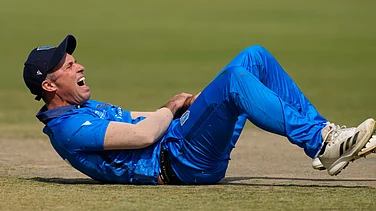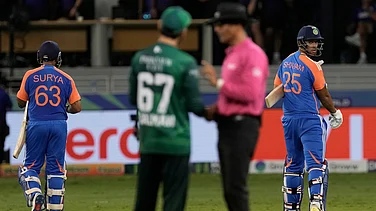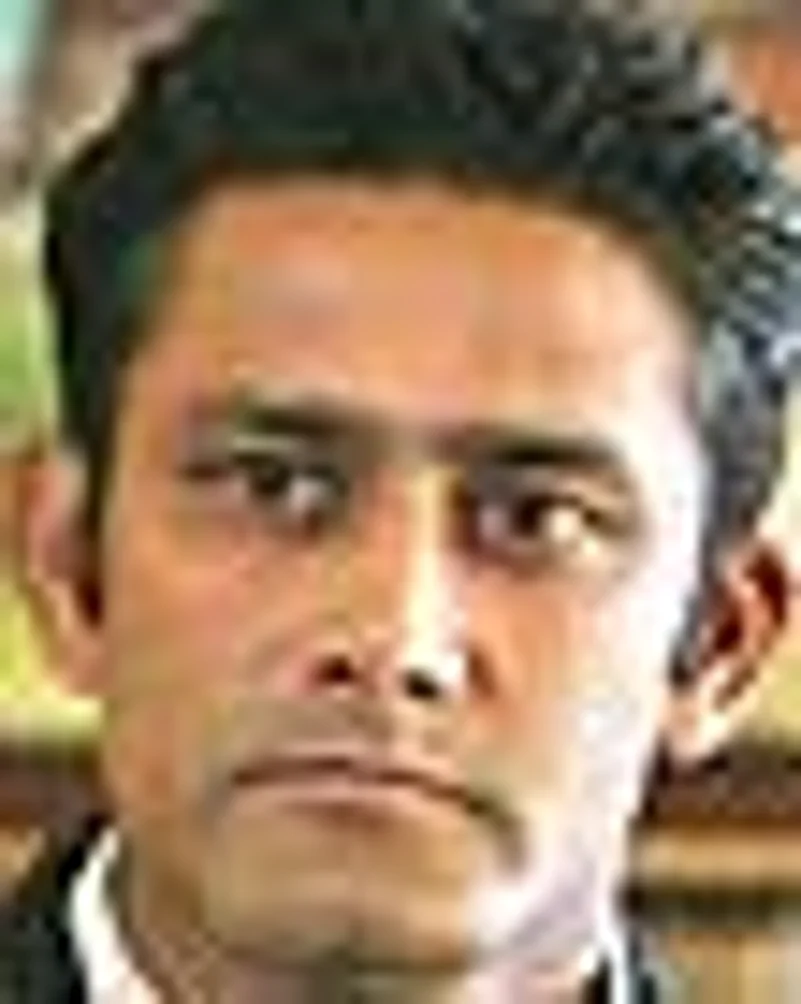
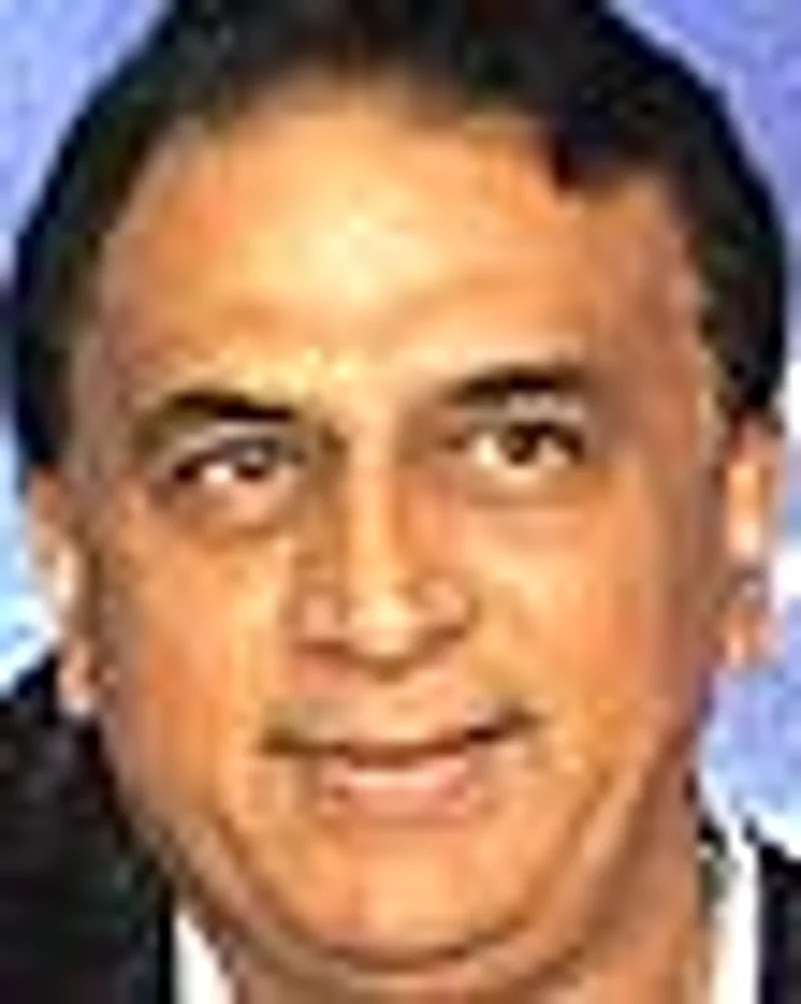
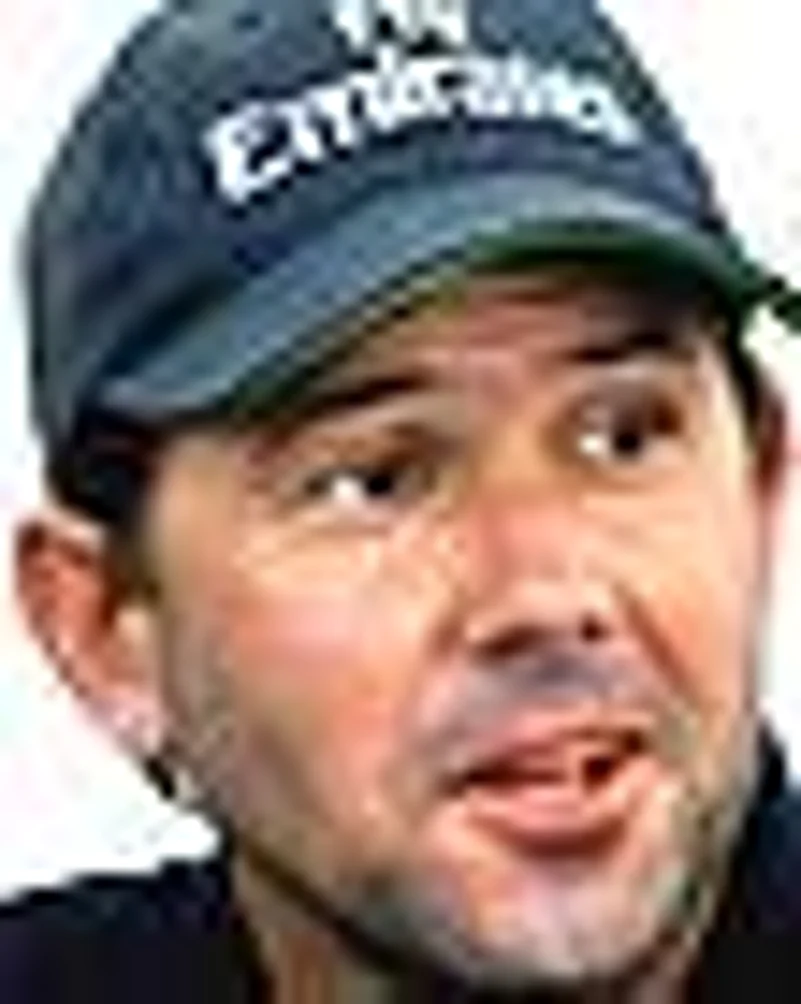

***
William Hill
- South Africa - 5/2
- India - 3/1
- Sri Lanka - 9/2
- New Zealand - 5/1
- Pakistan - 7/1
- England - 8/1
- West Indies - 10/1
- Ireland - 100/1
- South Africa - 5/2
- India - 11/4
- Sri Lanka - 5/1
- New Zealand - 7/1
- England - 8/1
- West Indies - 8/1
- Pakistan - 8/1
- Ireland - 100/1
***
Sehwag is also understood to have told the captain that he didn't want to open during the T20 tournament. But his shoulder injury gave quite another spin to his wish to bat lower down the order, earlier believed to have been prompted by his string of low scores in the IPL. In T20, a middle-order bastman usually doesn't get many balls to play; no one questions cheap dismissals when big shots must be played to accumulate runs in the last few overs. In contrast, the openers in T20 shoulder tremendous responsibility—they must not only stick around for a few overs but also score runs at a fair clip. And therefore the conjecture—Sehwag didn't want to open because he feared his injury could hamper his stroke play and thus expose him.
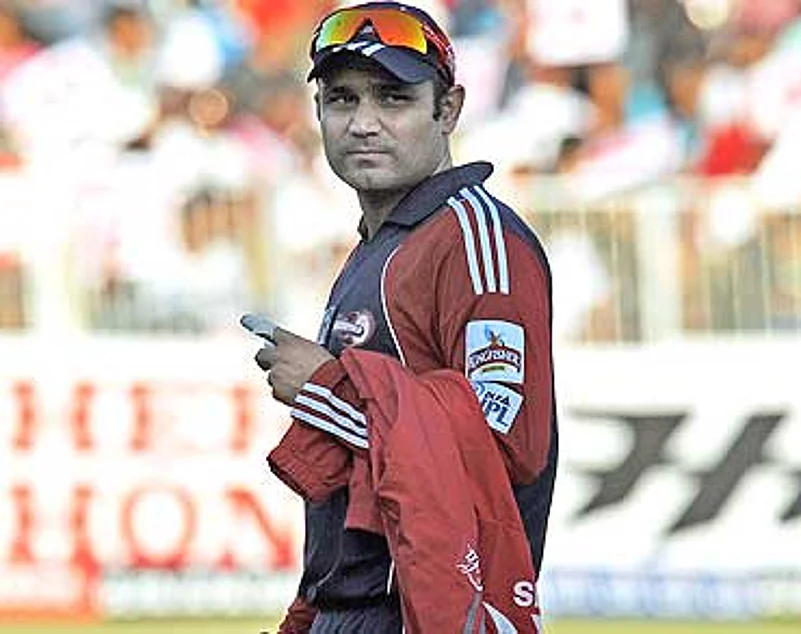
Silence hurts: Sehwag admits he injured his shoulder during an IPL semifinal
Eventually, Sehwag faced a grand total of 10 balls, all in the nets, before advising the captain that he couldn't possibly recover from the shoulder injury during the tournament. Thus, either Sewhag wasn't aware of the extent of the injury and hoped he'd be able to play later in the tournament, or he failed to disclose fully the level of his discomfort. Either way, there was no information made available to the media, resulting in speculation that all wasn't well in the Indian camp. Fanning it was the Board of Control for Cricket in India's method of dissemination of information—facts that are routinely handed out by other teams have to be prised out of the Indian management.
The twist to the drama came through a report in a national daily, suggesting that there were "simmering tensions between Dhoni and Sehwag". The Indians were livid. After a training session at Nottingham, in a move that seemed both mystifying and ominous, the entire team marched in for the press conference. They stood behind grimly even as Dhoni read out a statement saying there was no rift in the team. He refused to take any questions, escalating the tension between the media and the team.
Yet Dhoni retained his grin—but also his silence. When he spotted Yuvraj Singh talking with the media on the edge of the practice area—telling jokes, no secrets, it must be hastily added—the captain asked him what he was doing with the press. He spoke with a grin, but in the context of the icy silence of the team, it seemed grave. The media wondered when, if at all, the captain would speak to the media.
Nor did it help that the team's manager, Anirudh Choudhary, is inexperienced—his one qualification is that he's the son of a former BCCI president, which, more often than not, is unlikely to make you a good communicator with the media. Perhaps the controversy would have been averted had Dhoni received better advice. "Something like this has never happened to me, but I wouldn't really take on the media," Clive Lloyd, the legendary West Indies captain, told Outlook. "There are other ways of doing things—you know, if there's unfair speculation, you could go to a press regulatory body, for instance. Or act through your cricket board." A former Indian captain, unwilling to be named, concurred: "The media is just doing its job, and there is often speculation of the wildest kind, so that parade was a bit extreme."
As several cricket captains have found out, it doesn't pay to battle the media. In recent past, Indian captains have been unconcerned (Ganguly) or anxious (Dravid). Dhoni, unlike them, is combative and feisty—his press conferences at Nottingham testify to it. He's unlikely to change his behaviour because of criticism.
But therein lies a probable Achilles heel. Should he falter now with the bat or behind the stumps, should the victories dry up, should he fail to bring back the World Cup, the media could well corner him, even tear into him. That's not something that troubles Dhoni, though. According to those familiar with his philosophy of life and cricket, the captain isn't in the game for a long innings. "That's the reason he's been able to take tough decisions, like asking for Ganguly's removal (in Australia in 2008) and skipping the Test tour of Sri Lanka," said a source. "He's not insecure, he's clear about what he wants, he doesn't wish to cling on to anything. He believes he's got enough in life in terms of success and money." Indeed, he's said more than once that he'd be happy to go back to Jharkhand if he's dropped. "I don't want a Bentley, I have enough," he told Outlook in an interview last year.
Dhoni knows that success is a fickle mistress; he's been the embodiment of cricketing cool, and thus it was strange to see him spluttering in disbelief: "You are blaming me for leaking the news!"
He has been a winner; if that changes, such combative scenes are likely to be repeated, for the press isn't easily tolerant of winners who live by their own rules—and then fail.












